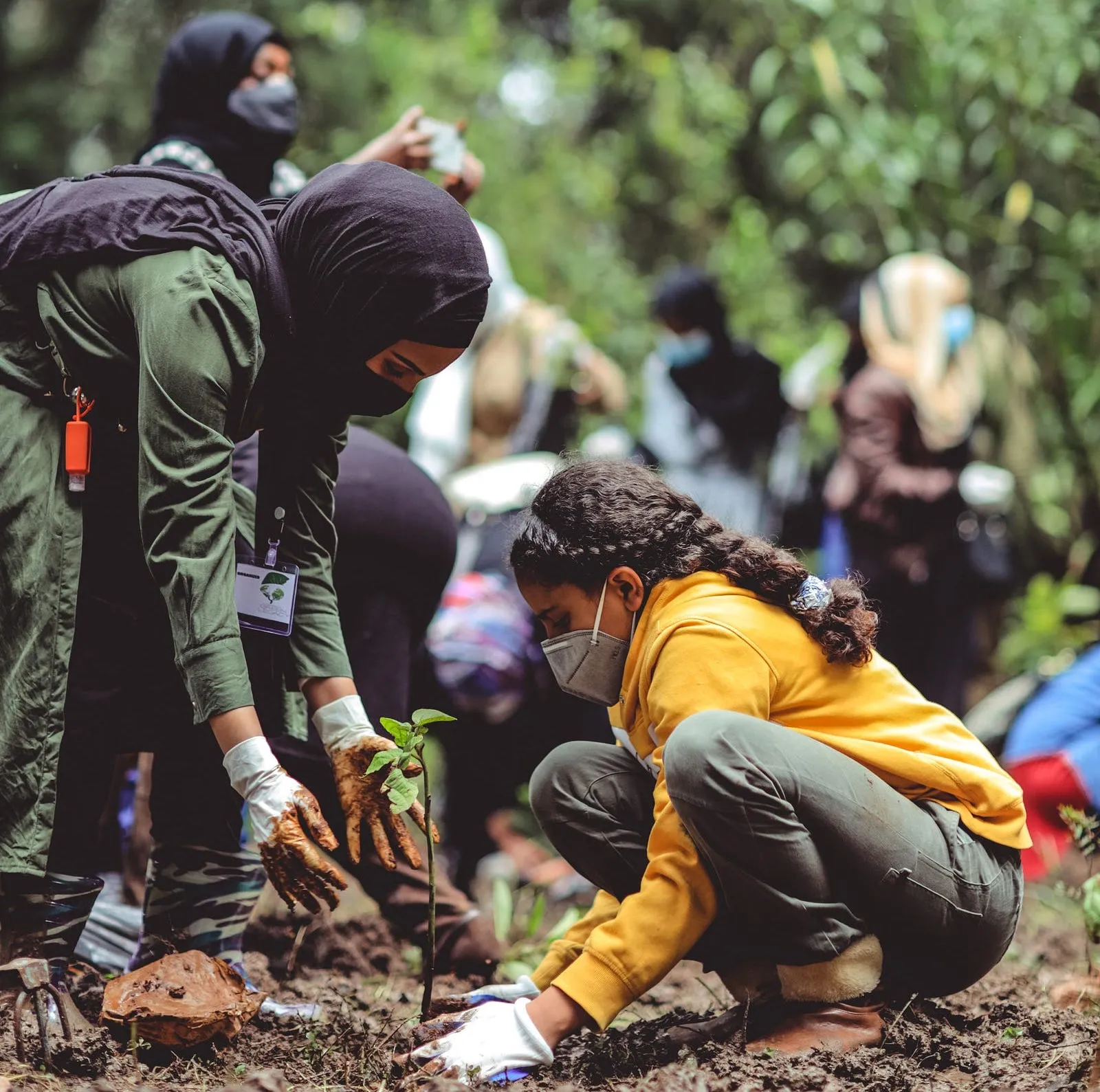
Three years in, it’s not too early to begin reflecting on what Covid taught us about ourselves and our communities.
Sure, lots of people—the wealthy, in particular—retreated to their vacation homes, outfitted them with new WiFi, purchased special high-priority accounts with their favorite gig-worker delivery services, and subscribed to the best TV and hi-def audio channels that Hollywood and Silicon Valley have to offer. Between craft beers, Microsoft Teams, and Grogu, life was good. During this interregnum between Covid and the next disaster, I’m sure these folks are busy constructing the rec rooms, pools, security systems, and hydroponic gardens their facilities lacked on the first go round.
But the rest of us, or at least a bunch of the rest of us, learned something very different: the power of mutual aid.
In spite of the ridicule they received (sometimes from people like me), parents of all economic classes formed “bubbles” with neighbors for their Zoom-schooled kids to do homework together, or to home school their children collectively. People brought food to neighbors, and checked in the elderly. “I’m sorry I can’t open the door to thank you,” one neighbor would shout through the storm door whenever I brought her groceries. As if she should be thanking me, when I am the one getting the joy of doing something positive in dark times.
In less affluent areas, many smaller grocery stores teamed up with mutual aid societies to post lists of the specific food items that people needed, so that donor customers could purchase them. The charity food pantry in my neighborhood became so flush with food during the pandemic that organizers began distributing to those in neighboring towns.
Businesses found ways to shorten shifts and reduce work weeks in order to keep employees on the payroll (and with health insurance) until things picked up again. Cooperatives fared better than most other businesses, however, because their workers and/or customers are their only owners. They are set up to prioritize the interests of their members, not their distant shareholders.
The resilience of cooperatives, networks, non-profits, and other sustainable enterprises challenged the grow-at-any-costs priorities of traditional corporate capitalism, and suggested that aiming for distributed prosperity may be a better long-term strategy than scorched earth extraction.
Now that we are (hopefully) emerging from the Covid crisis, do we really want to return to business as usual? Can we remember witnessing the vulnerability of our convoluted and easily disrupted supply chains? Can we still recognize the hazardous and stressful conditions imposed on frontline workers? Do we still see how the monopolies and monopsomies of the digital and global economy enrich extremely few at the expense of everybody else, as well as the civic sector and the planet?
It’s not about banging pots and pans in the evening to celebrate our frontline workers (though that was certainly a nice gesture); it’s about transitioning to a circular economy characterized by the knowledge that mutuality is more than good business.
It’s contagious.